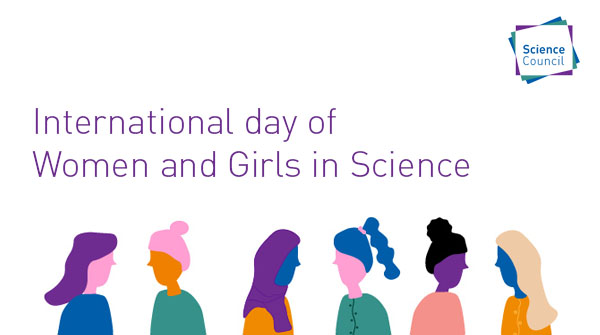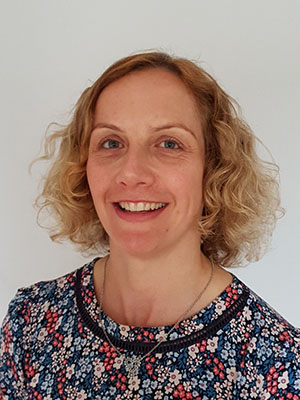
Women in STEM: Rachel James
Rachel James, Daphne Jackson Trust Research Fellow, Centre for Discovery Brain Sciences at University of Edinburgh
Reviving a research career during a pandemic: cause for concern or cautious optimism?
I have worked in or around academic research for all my professional life. Indeed, academic research is where my professional heart is. At the start of 2020, I was in the second year of a three-year Daphne Jackson Trust (DJT) fellowship funded by Medical Research Scotland (MRS), which I started following an 8-year break from research. Attempting to re-establish your research career is not easy at the best of times, in the middle of a pandemic it becomes even more challenging. Lab closures followed by restricted access has hampered experiments, while funding cuts do not bode well for future research opportunities.
Yet I began 2020 feeling more confident in myself and my research skills. Returning to research had been hard. Relearning skills and accepting how much I had forgotten has been frustrating. But I was enjoying being back in a research environment: learning about a new research area and developing my ideas.
Then the pandemic hit. During the first lockdown, I found being able to work on non-lab research activities a welcome change. For a biomedical researcher such as I am, lab work is the most important part of our day job. This is our ‘bread-and-butter’, and for better or worse, is still how our output is measured. But the expectations on a modern-day researcher are many, and in amongst the demands of lab research, realising even a second skill set is difficult.
Therefore, without any lab work, I relished the opportunity to catch up on much-needed reading, starting a literature review of my current disease area. With three older children at home (8, 12, and 14 years), I was able to fit this type of work in around “home schooling”. For me, one of the unexpected boons of the lockdown was the grounding of my partner who regularly travels to London for work. With both of us now working at home, the usual juggling of children and work was slightly more manageable.
Labs gradually reopened from the summer, but with obligatory COVID-safe restrictions. At first this involved shift patterns of work, which were difficult to manage around children. I was relieved I did not have any expectation to return to the lab at this point. By September, the children were back at school and returning to the lab now seemed possible. The shift patterns were lifted and although there are still restrictions on the number of people allowed into research buildings, I have been able to resume and continue lab work, even during this second lockdown.
However, the planning of lab time requires juggling with my partner, home schooling, and lab colleagues, and has not made returning to the lab an easy option. Leaving the house puts extra stress on my household. But if I do not generate any measurable research by the end of my fellowship, what will be my chances of staying in research? My contract was due to end in October this year, and I am grateful that MRS have given me 6 months of funding to extend my contract.
On a part-time contract, this equates to roughly 7 months of research remaining on my contract. In the current conditions, it may not even be 7 months. In a career that judges you on your research output this is potentially career-killing. However, I have been here before. Choosing to work part-time when I started my family also placed restrictions on my ability to conduct research and navigate a murky career path. So, even though I may sound pessimistic, I am not, because this time I do not feel alone. The pandemic has delineated the workforce into those with caring responsibilities (to themselves or others) and those without. While I struggle to find two-hours of uninterrupted time in my day, colleagues find that all they have is time.
So although I am still uncertain as to what my research achievements will be come the end of my fellowship, for the first time I feel that whatever my achievements are, they may be more fairly assessed. We can all relate to the current challenges of conducting research. And optimistically, I hope that this will lead to changes that may benefit our research culture and prospects of career progression.
